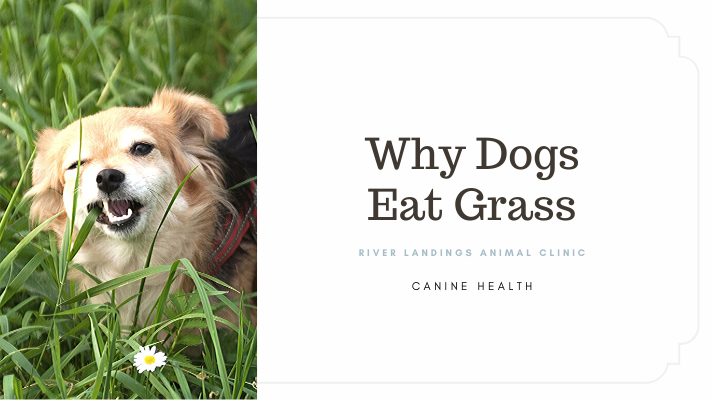Why Does My Dog Eat Grass? And Should I Be Worried?
Is your canine companion chowing down on the lawn? You're not alone! Many dog owners are confused (and maybe a little worried) when they see their furry friend munching on grass.
Rest assured: Occasional grass-eating is normal dog behavior and usually isn't a cause for concern. But let's explore the reasons why dogs do it and when you might need to intervene.
Why Dogs Eat Grass:
Natural Behavior: Dogs, even wild ones, sometimes eat grass. It might be a leftover instinct from their ancestors.
Upset Stomach: Some believe dogs eat grass to induce vomiting and relieve tummy troubles. However, the evidence is mixed.
Fiber Needs: Grass is a good source of fiber, which aids digestion. If your dog's diet lacks fiber, they might seek it out in the lawn.
Nutritional Deficiencies: In rare cases, grass-eating could indicate a dietary imbalance.
Boredom or Curiosity: Puppies and young dogs might simply be exploring or trying to relieve boredom by nibbling on grass.
Signs to Watch For:
Vomiting After Eating Grass: While some dogs vomit after eating grass, it's not always the case. Frequent vomiting could indicate a more serious issue.
Loss of Appetite or Other Changes: If your dog's eating habits change significantly alongside grass-eating, consult your veterinarian.
Eating Harmful Plants: Make sure your dog isn't munching on toxic plants alongside the grass.
Should You Stop Your Dog From Eating Grass?
In most cases, no. Occasional grass-eating is harmless. However, you can address potential underlying causes:
Increase Exercise: If boredom is a culprit, provide more playtime and mental stimulation for your dog.
Adjust Diet: Talk to your vet about a high-fiber diet if you suspect a fiber deficiency.
Keep Your Lawn Safe: Ensure your lawn is free of toxic herbicides, pesticides, and plants.
When to See a Vet:
If your dog's grass-eating is accompanied by vomiting, lethargy, or other concerning behaviors, schedule a vet visit to rule out any underlying health issues.

